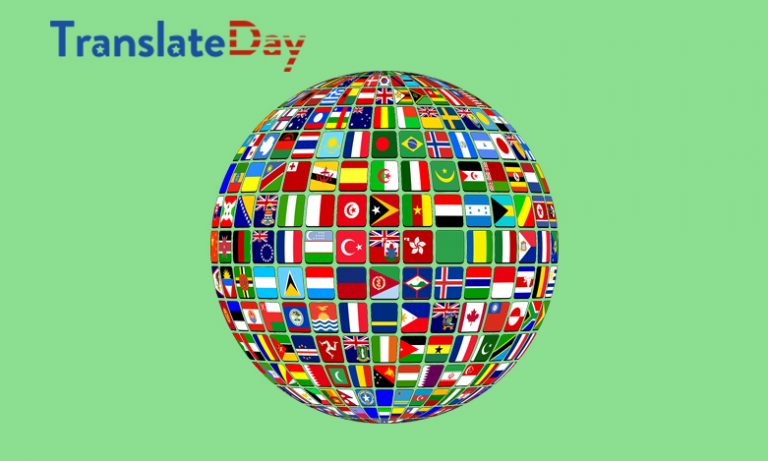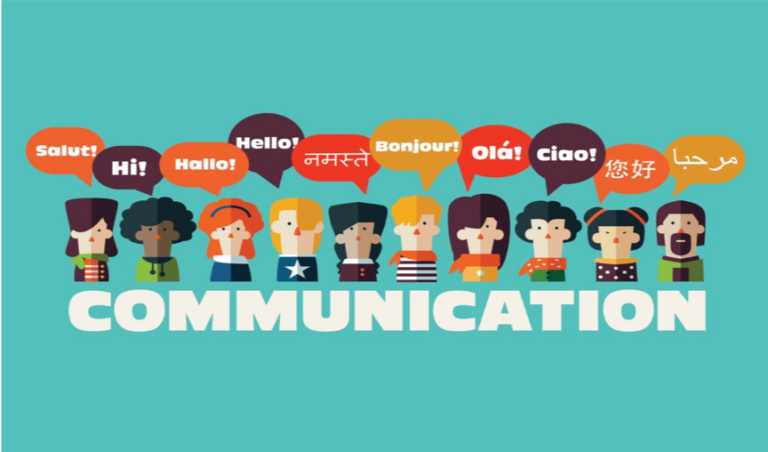Estimated reading time: 6 minutes
Have you ever felt that a word from another language, say, French, Spanish or German, means the same thing as an English word just because they sound similar? Well, sometimes two languages have similarly-sounding words that share the same meaning, like the word ‘police’ in English and ‘polis’ in Malay, which both mean the police.
However, this is not always the case. Some words, although they share similar pronunciation, have veary different meaning. The word ‘ambulance’ in English, for instance, is not of the same meaning with the word ‘Ambulanz’ in German although both sound similar. The first word refers to a vehicle that picks up patients to the hospital while the latter refers to an emergency room.
This poses one of the most important problems for translators when translating these words.
1. What is a False Friend (or Faux Amis)?
In linguistics, a false friend refers to a condition where two words in two different languages sound very similar but do not share the same meaning.
Misusing words from two different languages, thinking they actually mean the same in both languages is a very common mistake, most likely to be experienced by students learning new languages or tourists visiting foreign countries. However, no one is error-free, even profesional translators must be really careful with these terms.
False friends are actually one of the 9 most common mistakes made by translators
2. What is the origin of False Friends?

Finding out how false friends could be formed at first is indeed a very complex question. There are several theories that try to explain this phenomenon. These are the 2 main theories that try to explain how false friends are built:
2.1. Words belonging to the same Source Language
One of them believes that words were originated from the same source language but got treated differently in different locations. Surely, local cultures and wisdom would have changed the meaning of each word. This is why they have different meanings.
2.2. Pronunciation starting to look alike
Another theory believes that these words came from different source languages but started to be pronounced similarly over time due to social conditions and historical events . The local culture indeed plays the most significant role in transforming the words. The lifestyle of local people affects their comprehension as it affects the way they pronounce words and communicate with each other.
3. Common False Friends Examples

Lets look at some of the most common false friends in different languages so that we can understand the concept better:
3.1. Gift in English vs Gift in German
There are many examples of false friends that occur between language pairs. In English, for instance, the word ‘gift’ refers to something pleasant that someone gives to others as a token of affection. However, in German the same word -with the same writing and pronunciation- means poison.
3.2. Brand in English vs Brand in German
Another example from this language pair would be ‘brand’. In English, it refers to the label or identity of products, but in German it means fire.
3.3. Car in English vs Car in French
In English-French language pairing, some false friend cases also occur. The word ‘car’, for instance, refers to a vehicle that people use for transportation in English, while in French it is used to explain the reason for doing something.
3.4. Car in English vs Car in French
Another example would be the word ‘pain’, which means something unpleasant in English but refers to bread in French.
There are many other examples of false friends that could be found in other language pairings, but at least it could be concluded that in some cases, these words only share the same pronunciation, which could only be an issue in verbal communication. However, in some other cases, both words are written the same, too. This also poses equal challenges for written communication.
Always remember that having the right mindset is required to master language learning fast.
4. How to prevent Awkward Situations caused by False Friends?

Considering how different both words can be, it could be quite problematic for an English-speaking person to casually tell his German friend that he plans on giving her a gift. While he might be willing to show his affection, the other person might feel uneasy or even threatened by him. This is why a complete understanding of what false friends are –as well as recognizing the list of words that are categorized as such- is highly important.
Let’s look several tips that can be considered to prevent an awkward moment caused by false friends:
4.1. Learn the Local Language or Dialect
It is important to learn about the local language intensively before going to a new place where a different language is spoken. This does not only include being aware of false friends between your mother language and a certain foreign language, but also keeping in mind there can be false friends among two different dialects of one same language.
Make sure you check the most important English dialects in the world and their differences.
4.2. Be Extra-Careful when speaking to Foreingers
It is best not to use a word if you are not 100% sure of what it means. We need to be careful when communicating with foreigners.
Moreover, it is their language that we are using after all. In some traditions and cultures, communication might be a vital or even sacred thing. Thus, any misunderstanding while communicating might not be tolerated. It is better not to use a word at all if you are uncertain of its meaning rather than taking the risk to use it and fail.
4.3 Practice makes perfect
Make sure that we have practiced using the local language well enough before actually using false friends to communicate with local people. It is even better if you could find a local person who is willing to become our practicing partner, and respond to your false friend doubts.
Those tips may come in handy, especially when you plan on traveling somewhere. They help to ensure you effectively communicate with others in your destination. Hopefully, this article helps you understand what false friends are and how to deal with them.






